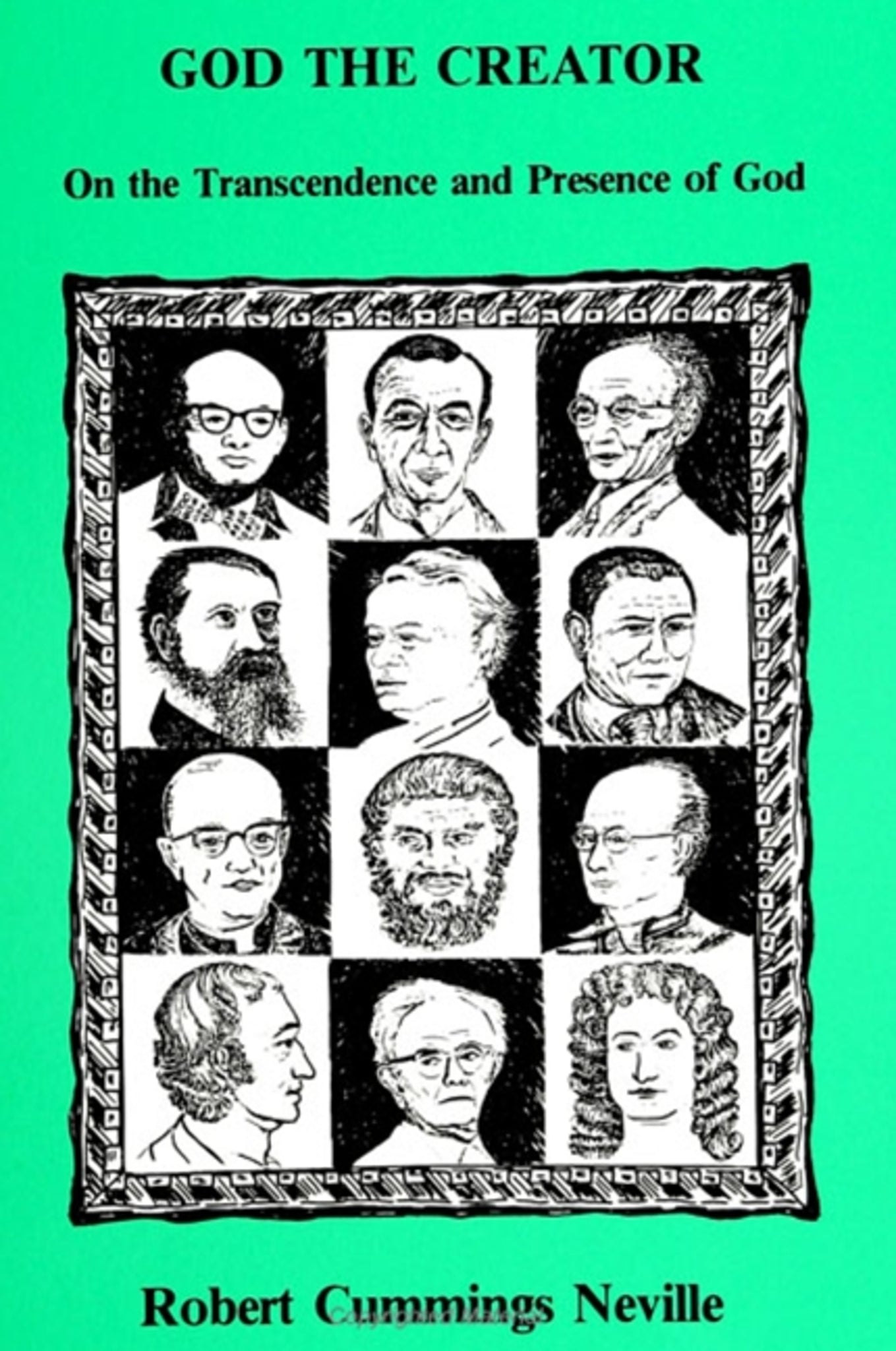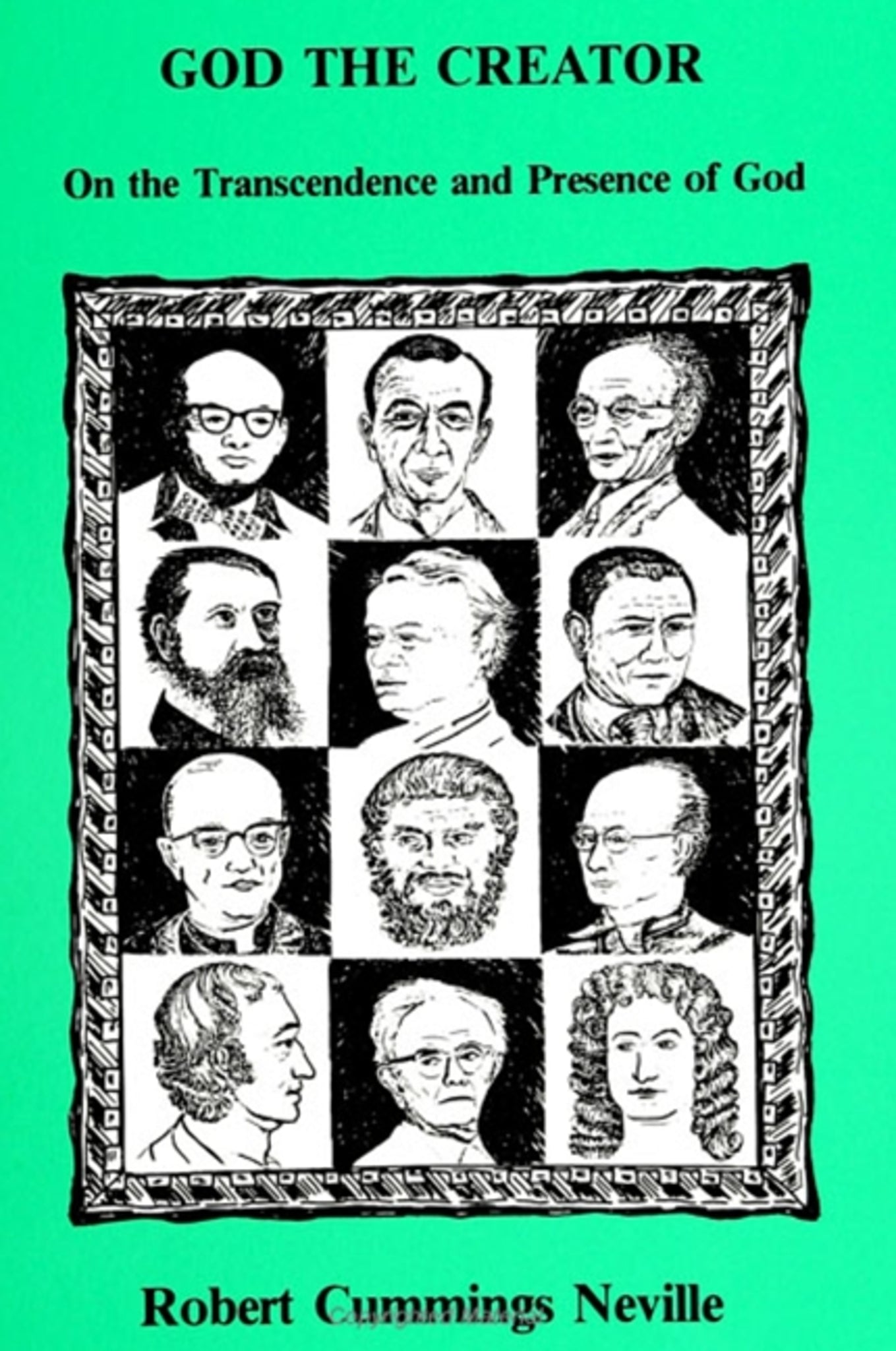We're sorry. An error has occurred
Please cancel or retry.
God the Creator

Some error occured while loading the Quick View. Please close the Quick View and try reloading the page.
Couldn't load pickup availability
- Format:
-
24 February 1992

God the Creator provides a detailed exposition of a conception of God as the creator of everything determinate. It does not defend an established conception such as the Thomist, the Calvinist, or the Process theological idea, but rather elaborates the ancient theme of creation ex nihilo in a new form appropriate to the contemporary world.
Part one is a rigorous philosophical development of the idea of God as creator ex nihilo, arguing that an adequate solution to the problem of the one and the many demands such a conception. This part includes a dialectical examination of contemporary and classical theories of being.
Part two asks how one can have knowledge of the kind of God described previously; it deals with experience, analogy, and dialectic.
Part three applies the conception developed in part one to fundamental religious conceptions such as the object of worship, the nature of religion, and the practices of private and public religious life. It presents theories arising from the conception of creation ex nihilo for the interpretation of religious concern, conversion, faith, certainty, solitude, bliss, service, liturgy, providence, evangelism, dedication, reconciliation, brotherhood, discipline, the integration of public and private religion relative to other dimensions of life, freedom, love, and glory.
Though the language arises from the Christian tradition and expresses an orthodox strand of that religion, the argument weaves throughout the concerns of many world religions.


INTRODUCTION
Part One: PRELIMINARY REMARKS
1 On the Nature of Being-Itself
A: The Analogy of Being2. Determinations of Being
B: Ens Commune
C: Ens Perfectissimum
D: Being-Itself as Self-structuring Power: Hegel
E: Being-Itself as Non-generally Determinate: Royce
A: Determinateness3. Creation and the Transcendence of Being-Itself
B: Real Distinctions of Determinations
C: Weiss's Theory of the One and the Many
D: Difficulties with Weiss's Theory
E: The Requirement of Transcedence and Indeterminateness
A: Proof of the Reality of Being-Itself, the Creator4. The Transcendence and Presence of God the Creator
B: The Logic of the Concept of Creation
C: Defense against Objections
D: Being-Itself and Non-being
A: The Creator-Created DistinctionPart Two: PRELIMINARY REMARKS
B: Creation ex Nihilo
C: Transcendence, Presence, and the "Transcendentals"
5. Cosmology and Cosmogony
A: The Distinction between Cosmology and Cosmogony6. Methodological Dialectic
B: The Argument of Cosmology
C: Cosmological Explanations of Transcendence
D: Cosmogonic Explanations
A: Religious Experience7. Constitutive Dialectic
B: Analogy
C: Dialectic
D: Dialectic in Experience
A: The Ideal of Explanation8. The Testimonies of Experience
B: Kinds of Explanations
C: Continuity in Explanations
D: The Order of Explanations
A: Religious and Philosophical InterpretationsPart Three: PRELIMINARY REMARKS
B: Abstract Philosophical Interpretations
C: Religious versus Philosophical Experience
D: Experience, Proof, and Criticism
9. The Conception of God in Religion
A: God as Individual and God as Being-Itself10. The Conception of the Religious Life
B: Holiness
C: The Truth in the Alternatives
D: Power
A: Religion as a Way of Life11. The Interiority of the Religious Life
B: Man as a Determination of Being
C: The Nature of the Religious Problem
A: Concern12. The Public Expression of the Religious Life
B: Conversion
C: Faith
D: Certainty
E: Solitude
F: Bliss
A: Service13. The Unity of the Religious Life
B: Liturgy and Providence
C: Evangelism
D: Dedication
E: Reconciliation
A: DiscipleshipEpilogue
B: Public and Private Religion
C: Religion and the Other Things in Life
D: Freedom, Love, and Glory
APPENDIX
INDEX



